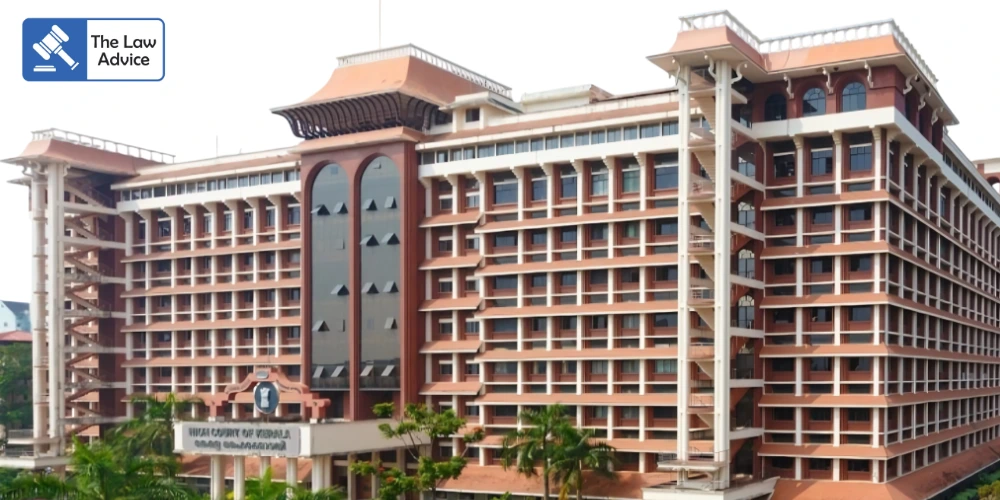
The Kerala High Court has held that the 1950 endowment deed executed by Mohammed Siddique Sait in favour of the Farooq College Managing Committee was not a waqf deed, but a simple gift deed, never intended to create a permanent dedication of property in favour of Almighty God.
A Division Bench comprising Justice Sushrut Arvind Dharmadhikari and Justice Syam Kumar V.M. delivered the ruling while allowing two writ appeals filed by the State Government challenging a Single Bench order that had quashed a government notification constituting a Commission of Inquiry into the Munambam land dispute between local residents and the Kerala Waqf Board.
The Court carefully examined the 1950 endowment deed and found that it did not fulfil the essential requirement of “permanent dedication” as mandated under the Waqf Acts of 1923, 1954, and 1995. The Bench noted that “permanent dedication” implies an absolute, inalienable, and non-reversionary interest in the property devoted exclusively for religious, pious, or charitable purposes.
“Permanent dedication was never reflected in the said endowment deed, wherein the beneficiary was entitled to sell the property and utilise the proceeds for themselves, with a specific provision for reversion of the property to the donor or his successors. Such recitals cannot amount to a permanent dedication or tying up of the property to the Almighty,” the Bench observed.
Citing Maharashtra State Board of Wakfs v. Yusuf Bhai Chawla & Ors. [(2012) 6 SCC 328] and Nawab Zain Yar Jung & Ors. v. Director of Endowments & Anr. [1962 SCC OnLine SC 270], the Court reiterated that a waqf requires unconditional and perpetual dedication of property, where ownership vests in God and alienation is impermissible.
Since the 1950 deed allowed the Farooq College Management to sell, lease, or transfer the land for educational or charitable use, the Court concluded that it bore the character of a public charitable gift, not a waqf.
The Bench further noted that for nearly seven decades, neither the donor’s heirs nor the college authorities treated the property as waqf. The Kerala Waqf Board’s 2019 declaration of the property as waqf was thus termed a “land-grabbing tactic.”
“The Court cannot shut its eyes to such blatant arbitrariness on the part of the Waqf Board, which woke from deep slumber after 69 years and declared the entire property as waqf without proper inquiry. This appears to be nothing but a sheer exercise of land grabbing,” the Bench remarked.
While refraining from quashing the Waqf Board’s declaration outright, the Court clarified that the State Government is not bound by such a declaration. It upheld the State’s power to appoint a Commission of Inquiry to protect the interests of third-party purchasers and set aside the Single Bench’s earlier order.
“The endowment deed of 1950 never intended to create any permanent dedication in favour of Almighty God, but was simpliciter a gift deed in favour of Farooq Management, and therefore could never qualify as a waqf deed,” the Court concluded.
Case Title: State of Kerala v. T. K. I. Ahamed Sherief & Ors.
Case No.: WA 603/2025 and connected case
Website designed, developed and maintained by webexy